This piece is a summary of the new working paper, “Building resilience and resistance to child, early, and forced marriage through acquiring skills: Findings from implementation research in Nigeria.”
Northern Nigeria, home base for terrorist organization Boko Haram, has long been plagued by extremist violence toward girls. State and federal government, as well as the international development community, tout entrepreneurship and vocational skills acquisition programs as a panacea to build girls’ resilience and are rolling out skills acquisition programs. In these programs, girl survivors learn basic business, planning, and vocational skills to rebuild their lives and cope with the violence, abduction, and crisis they experience.
Many gender experts and donors assume that acquiring skills will generate income and that increased income will build girls’ resistance against child, early, and forced marriage. However, the fact that these skills programs are not evaluated, coupled with the absence of curriculum standardization in the government and donor programs offered, results in interventions with no verifiable evidence of effectiveness.
Indeed, through two girls’ education projects in Northern Nigeria, my colleagues and I found that entrepreneurship and vocational skills acquisition are not enough to empower girls or strengthen their capacity to cope with crises in the region. Using an implementation research design, the development Research and Projects Center (dRPC)—a Nigerian NGO that I founded—tested the effectiveness of two vocational skills acquisition models that blended basic literacy and life skills components. The first targeted 50 girls in government secondary schools in Nigeria’s Northwest, and the second targeted 50 displaced girls in Nigeria’s Northeast. The secondary school program built upon the compulsory trade subjects in Nigeria’s new national curriculum and was implemented in after-school skills clubs over a six-month period. The program for displaced girls was a blended mix of vocational and life skills implemented in the pastoral setting of Gombe over a six-month period.
What did we learn from evaluating these models?
We learned that a skilled girl is not an empowered girl. Without psycho-social support and life skills training integrated into vocational skills programs and post-training economic support, skills interventions do not transform girls’ lives. Girls who completed skills courses were soon confronted with the reality of skills gained not matching with the demands of the workforce and with prohibitively high market entrance costs. No girls in either program accessed financial or emotional support outside the project. So, while the federal and state governments in Nigeria are rolling out new economic empowerment programs linking micro-finance initiatives with markets, enterprise, technology, and business innovation, these are not being extended to girls’ skills acquisition initiatives. Without a bridge to new government programs, girls do not have the opportunity to apply the skills learned.
We also learned that girls face security challenges traveling to training centers. They are so troubled about their futures that learning outcomes are negatively impacted. For example, girls in the Northeast training center repeatedly expressed desire to drop out from the skills classes and girls in secondary schools in the Northwest pleaded for after-school club activities to be incorporated within school hours due to fear of abduction and rape. In such cases, we found that counseling and mentoring by female instructors who recognized the toll that psychosocial trauma continued to have on the girls’ day-to-day lives made a positive difference. Female counselors were particularly adept at teaching girls important life skills such as negotiating gender barriers while remaining committed to economic empowerment.
Our research validates the effectiveness of program designs that blend counseling, mentoring, and life skills components led by female instructors and counselors. It also points to the necessity of incorporating a psychological trauma component into life skills modules. Our study highlights that, without mentorship and access to additional capital, skills acquisition programs alone are unlikely to empower girls. And perhaps just as importantly, these programs must make girls’ personal experiences and fears a central consideration during their design and implementation.
The Brookings Institution is committed to quality, independence, and impact.
We are supported by a diverse array of funders. In line with our values and policies, each Brookings publication represents the sole views of its author(s).

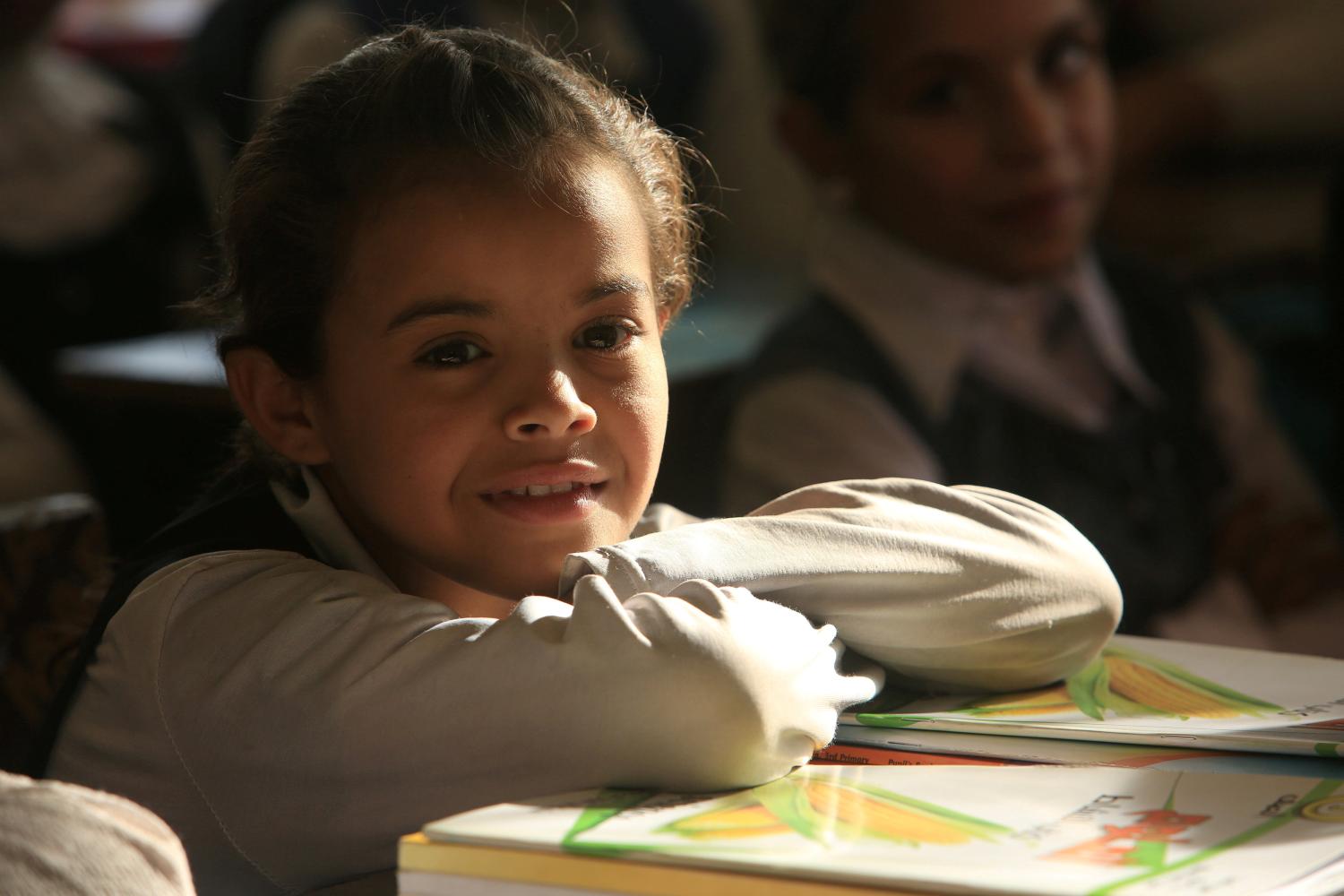
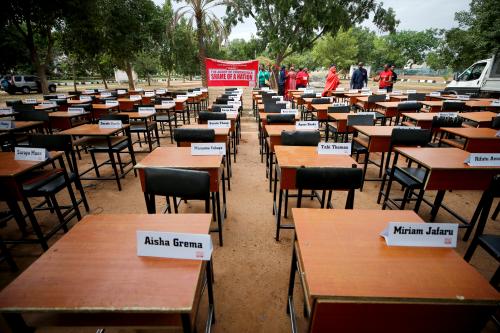
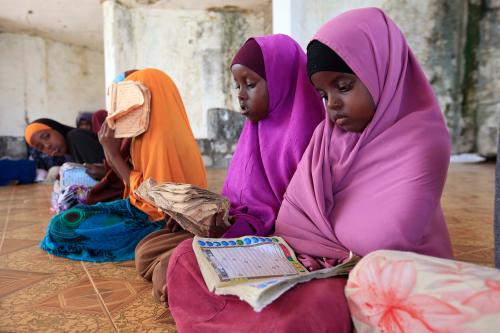
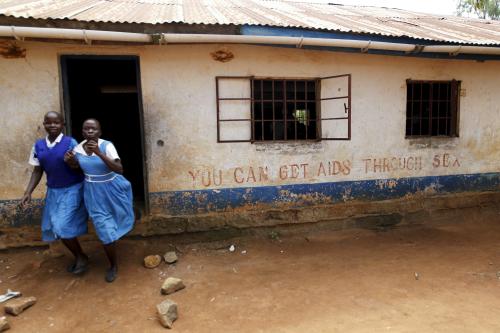
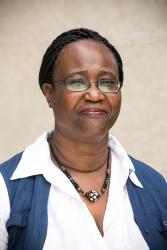


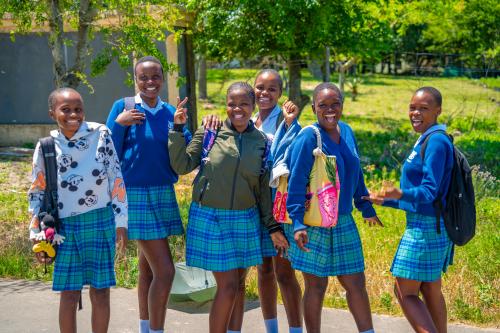
Commentary
Lessons learned from skills acquisition programs for girls at risk in Northern Nigeria
August 6, 2019